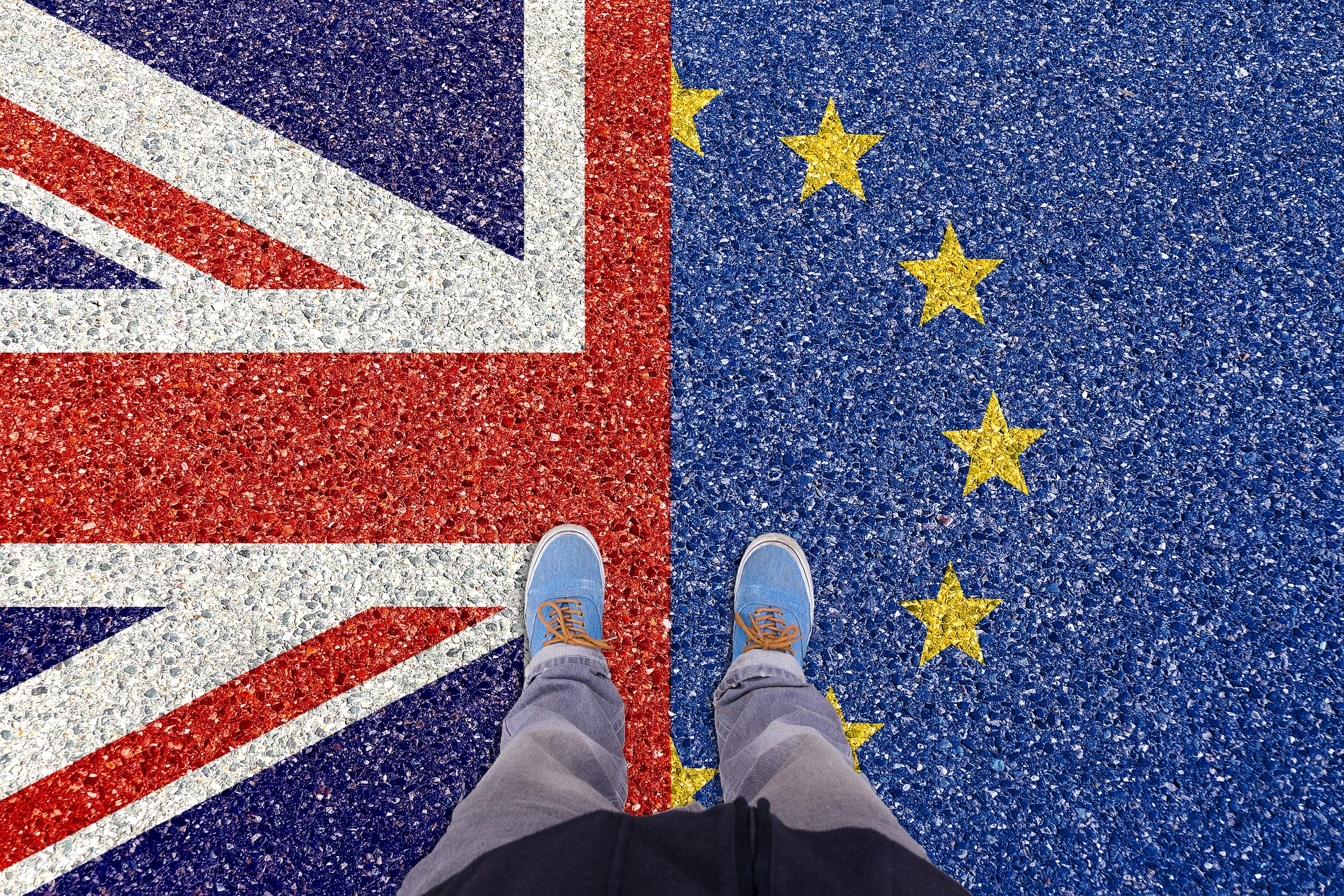
EDITORIAL: BREXIT
Deal or No Deal
It has been over three years since the British referendum to leave the European Union. Since the referendum on June 23, 2016, the UK have gone through two prime ministers and numerous Brexit deal rejections and now the newest captain of the ship is Conservative Party member Boris Johnson.
What does Brexit really mean for the UK and the world, and if no deal is made how does that change things? Boris Johnson has said the UK must leave the EU by October 31, 2019, and promised to negotiate a better departure agreement with the EU while ramping up preparations for a no deal and delivering Brexit come- what-may on 31 October.
Now, I am not going to try and explain Brexit here, partly because it is very messy and confusing, and partly because, despite all my research, I still do not fully understand it. But, that is precisely the problem. Many people, rightfully so, were and are unclear of the consequences of this referendum. You only have to look at the increase in searches of “What does it mean to leave the EU?” and “What is the EU?” on Google immediately after the referendum.
Brexit and Science
While living in the UK, I worked with many veterinarians, researchers, and academics from the EU. One question at the top of everyone's mind was what would happen to the expertise arriving from Europe. In a letter from the head of the UK’s biggest charitable funder of scientific research, the Wellcome Trust, it warns that leaving the EU without a deal is a threat to a thriving science sector.
Lady Eliza Mannignham-Buller wrote the Prime Minister asking to increase investment spending in science and to ensure that immigration policy was “more welcoming” and designed to attract the best researchers and their families. While Britain remains to do research with the US, Australia, Singapore, and other countries outside of Europe, Britain does the vast bulk of its collaboration with the EU.
Despite Mr. Johnson's rhetoric of a thriving and more innovative science sector post-Brexit, there is scepticism if this would happen with a no-deal. A big question is whether the U.K. government can replace EU research funding opportunities. The European Research Council (ERC) hands out many grants to the UK and certain people struggle to see how the UK would be able to replicate something similar to the ERC.
Brexit and Farming
So what does this all mean for the world of animal health and food safety? To be honest, there is not a clear answer for this either, which is concerning. Ideally, a deal will be met that address these issues, but it is looking more and more likely this will not happen before the October 31 deadline and the government is preparing for this. Boris Johnson recently visited Wales to try and rally farmers’ support for his Brexit plan; however, the farmers showed some concerns.
One farmer said to “stop playing Russian roulette” with the lamb industry over the threat of a no-Brexit deal. Many Welsh farmers rely heavily on the EU for trade, and if the UK leaves without a deal, it may face significant tariffs on UK exports to EU countries. This is troubling to many farmers, especially with the British pound at its lowest in two years. Boris Johnson, however, continues to say he will make sure they (farmers) will have the support that they need if markets are tricky. However, in a no-deal scenario, Welsh lamb will face a potential 40% tariff.
Other countries like Japan has opened their market to Wales for lamb and this global growth has been exciting. Still, the market is not the same as the EU and the government's own estimate of the potential worth of the agreement with Japan suggests it will be a drop in the ocean compared with current UK lamb exports to the EU.
Questions, comments, feedback about today's Weekly Update? Please email Dr. Gus Brihn.
Receive the Weekly Update right in your inbox on Tuesdays and Thursdays. Subscribe now at z.umn.edu/WeeklyUpdateSubscribe
